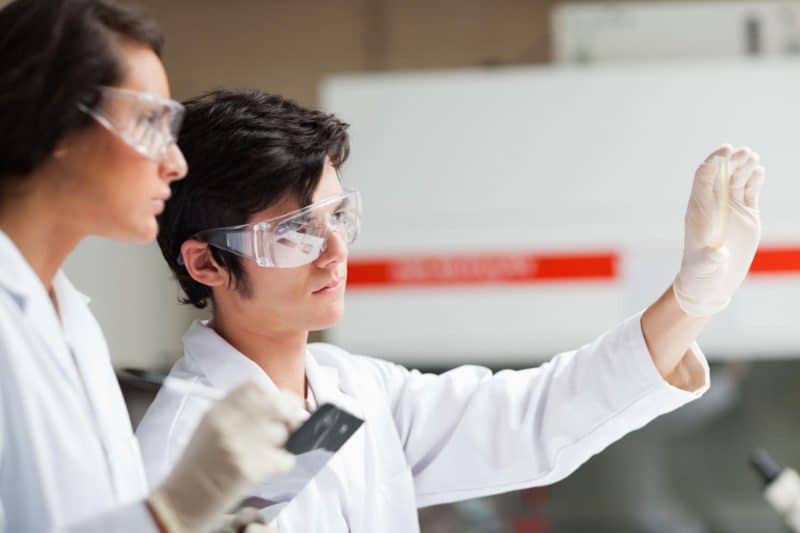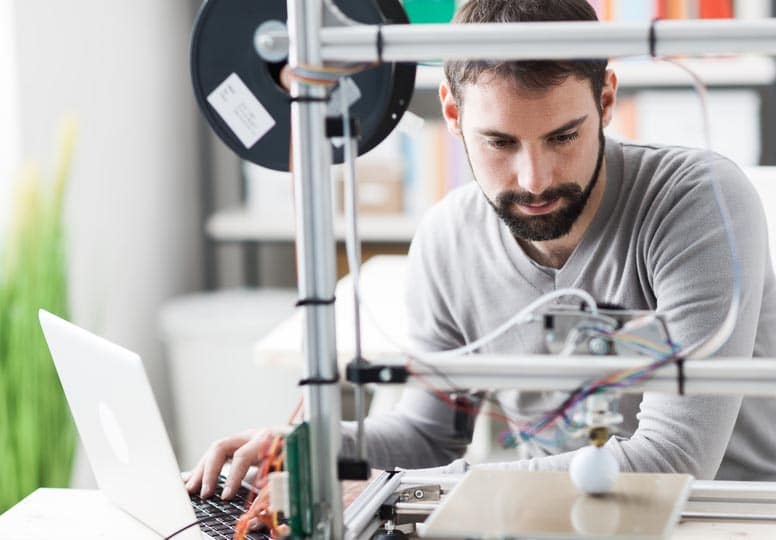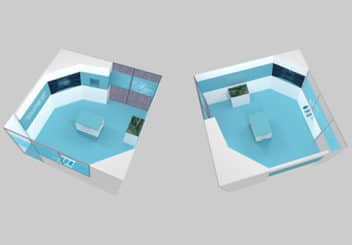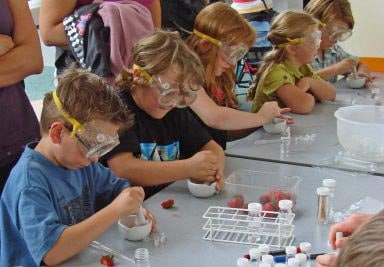Site visits
Nicolas Van Eck works for the Research and Development Direction of EDF, a leading player in the field of energy. He is the communication manager for the Chatou site. Every year, he hosts hundreds of visitors. What is the goal of site visits? What is the best way to organise a good site visit? He shares his experience in this field with us.
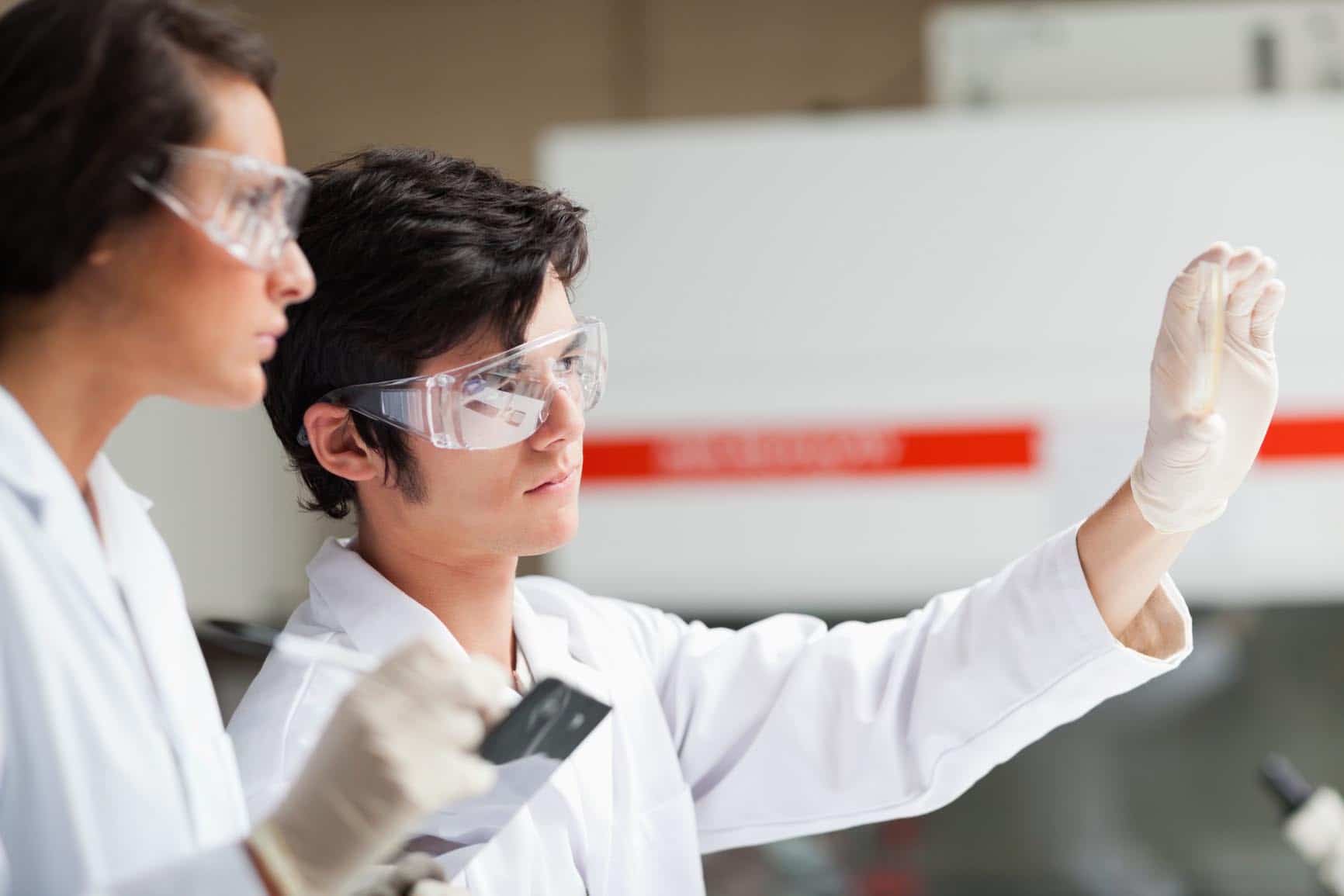
Agent Majeur: what is the benefit for EDF in having their research centres visited?
Nicolas Van Eck: Our research centres serve as a showcase for the group. Showing our activities enables us to make people talk about EDF and promotes what we do in terms of R&D. EDF has been doing research since the creation of the group in 1946. Here, in Chatou, the facilities of the direction of research are mainly dedicated to the field of power production: thermal, hydraulic, nuclear and renewable energy.
Who visits your installations nowadays?
We host two types of visitors: people from EDF or its subsidiaries, and people external to the group (for example, large account customers, elected representatives, shareholders, research partners, students from engineering schools or universities we recruit from).
What is your policy with respect to general public visits?
Organising a visit, hosting it and accompanying the visitors: all of this is very time consuming. This is why we do not receive groups of students from junior high schools or secondary schools. However, we organise open days. We have 3 R&D sites in the Paris area: Chatou, Clamart and Les Renardières, close to Fontainebleau. Every year we organise open days by rotating sites. This year the operation took place at the Renardières. Prior to the visit the people interested had to register online. In the research centres, we are cautious with safety and confidentiality issues.
What do you do when you are asked about ‘sensitive’ issues?
In the field of nuclear security, we regularly have questions. Following the accident in Fukushima, we had even more: what did EDF do? Did we help the Japanese population? If this were to happen in France, what would we do? What are the risks? We, as communicators, have the same answers as the group. It is essential to be consistent, that the various group departments carry the same message. And it is also essential to address the questions we are asked. Dodging them would be the worst thing.
What is a successful visit?
A successful visit is when visitors leave shaking our hands, telling us they are satisfied and that what we’re doing is exciting.
How do you manage this?
First you must greet the visitors cordially. This is basic, obviously. Then you have the logistics issues. We must meet the deadlines. A successful visit is a visit that ends on time. Then a visit must meet the visitors’ requirements. Also, when I receive a request, I systemically ask my interlocutor what they are interested in. According to that, I define the programme of the visit. A visit usually starts with a presentation of EDF, the R&D and our activities on the site. I then suggest a variety of subjects: renewable energy, the impact of weather on the energy market, hydraulics…
And also, a successful visit is when researchers like to show what they’re working on and answer the visitors’ questions. Or when it is not directly the researchers who deliver the presentation, but the speakers who know how to make these subjects exciting.
